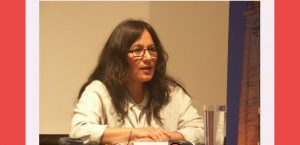The Madhya Pradesh government on Thursday introduced the National Education Policy 2020 (NEP-2020), becoming the second state to implement the policy after Karnataka. Madhya Pradesh Chief Minister Shivraj Singh Chouhan, Governor Mangubhai C Patel and Minister of upper Education Dr Mohan Yadav were present at the event.
Also Read: Maharashtra schools to teach agriculture, agronomy: Aditiya Thackeray
Speaking at the event, Yadav said “the new education policy would cut off all obstacles and help students to look beyond their limitations. Earlier, students had to those subjects which are in their course. But now they can choose the subjects they like.”
Also Read: AP EAMCET 2021 answer key released, check details here
“The new policy also focuses on the service Scheme (NSS), the National Cadet Corps (NCC) and skills-based courses,” he added.
Yadav announced that the govt was also introducing agricultural science as a topic at Vikram University and Rani Durgavati University to open up new avenues for college kids .
The minister said the government aims to implement NEP-2020 in all state districts, including 16 public universities and 40 private universities, within four years. When asked about the location of campuses in government, Yadav said the govt has taken creative steps to extend placement in government.
Also Read: JEE Main, NEET 2021: NTA removes age-factor from tie-breaking policy
“We have deployed a district administrator for each district in the province. Last year 86,000 students got jobs through college placement. We aim to increase it to 2 lakhs this year,” he said. The Central Government introduced the NEP on July 29, 2020. In celebration of its first anniversary of last month, Prime Minister Narendra Modi presented the SAFAL (STRUCTURED Assessment for Analyzing Learning), a Grade 3, 5, and 8-based assessment by the Central Board of Secondary Education (CBSE).
Also Read: TS EAMCET 2021 result declared; here’s how to check
The development of the National Education Policy (NEP) 2020 is a clear example of a cooperative federalism to achieve that same goal of making India a Global knowledge base, Union Education Minister Dharmendra Pradhan said on Tuesday August 24, as they completed the one year policy.







